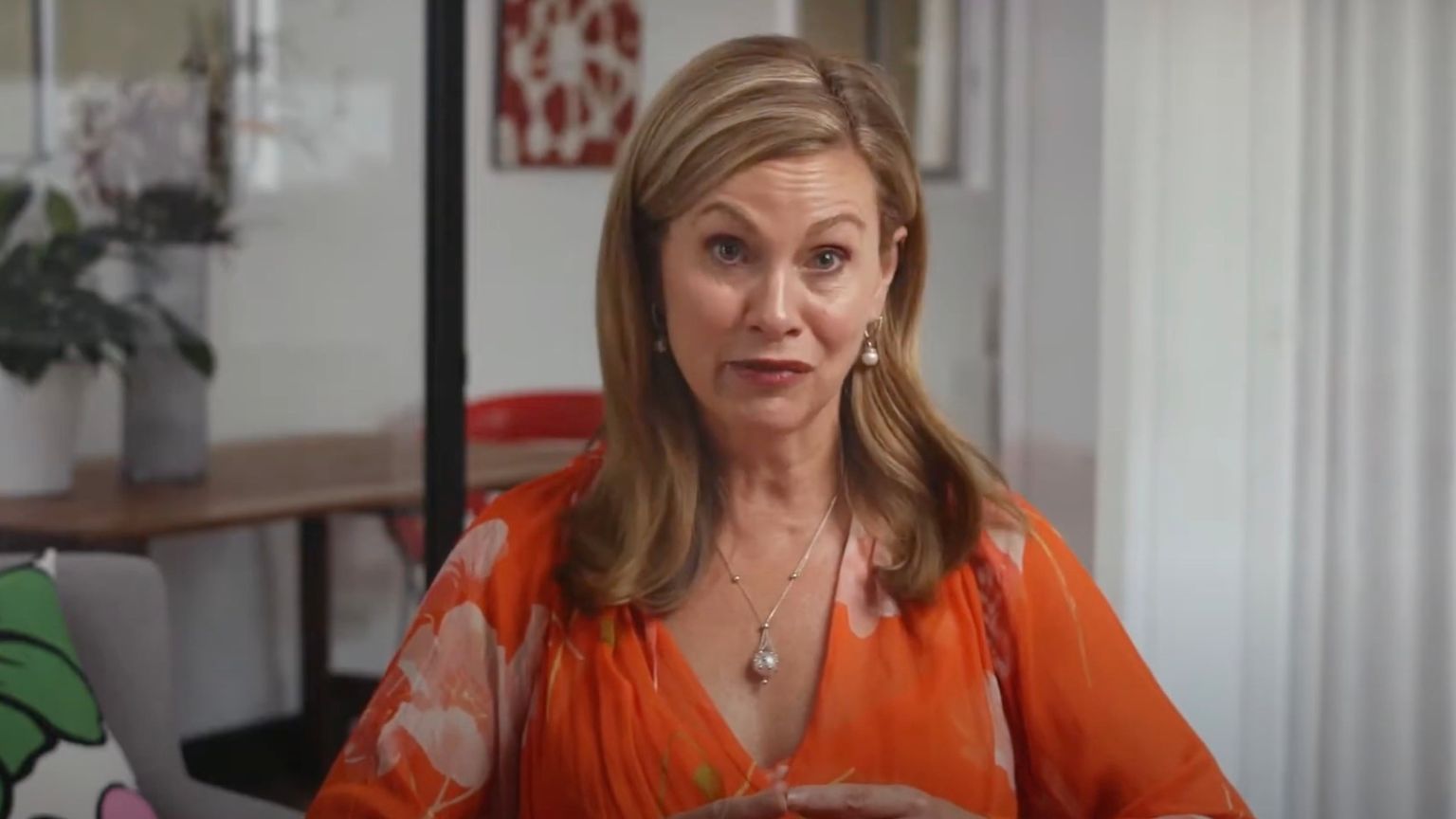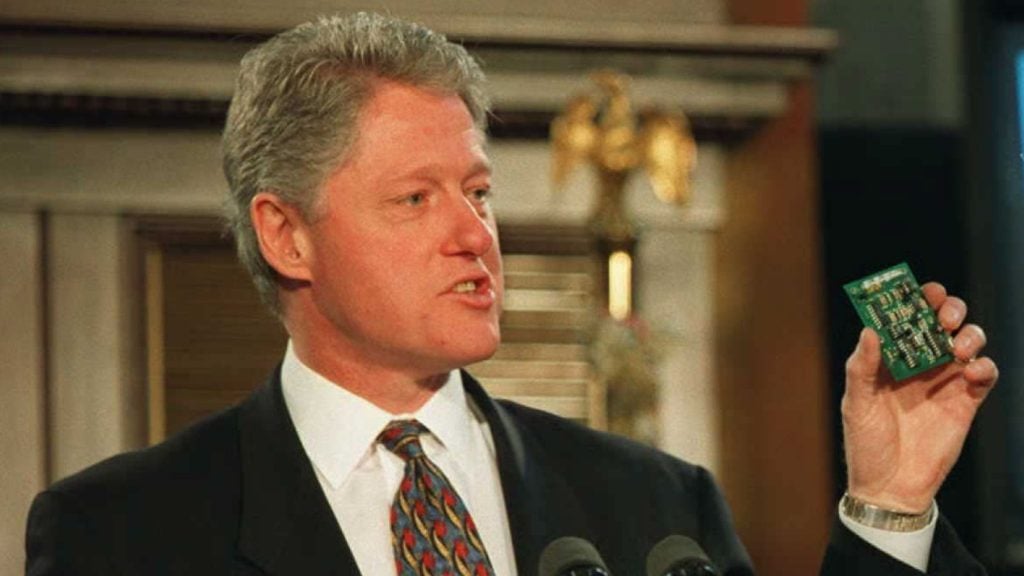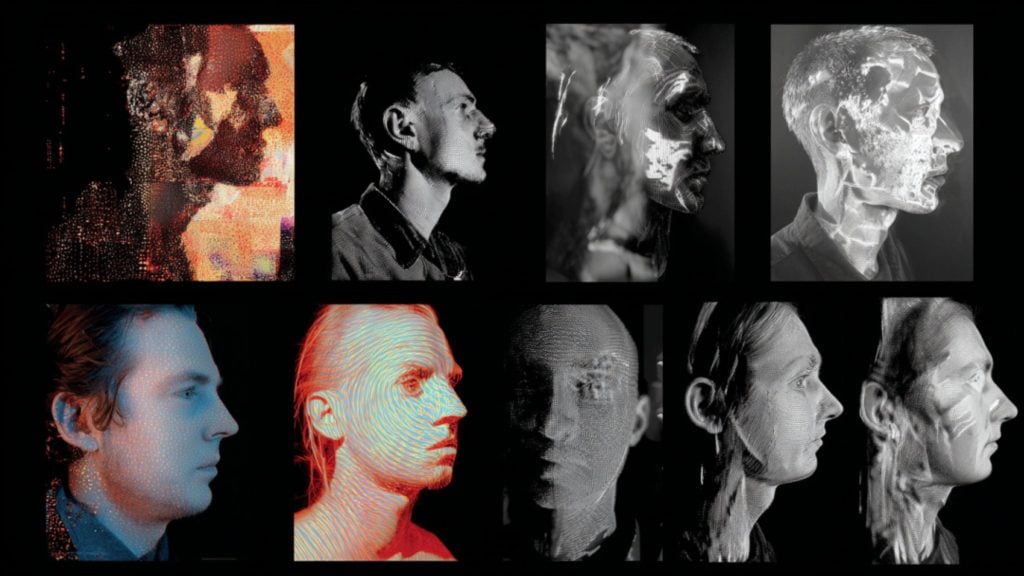Inversion of reality is one way to put it: in Australia, the eSafety commissioner has made bizarre comments related to end-to-end encryption, comparing those companies who won’t effectively remove this security feature (that protects communications from spying) to… somebody “leaving a home open to an intruder.”
Strong encryption is there precisely to keep all “actors” – bad and otherwise – out of where they don’t belong, that is, people’s private communications (their “online home”) – but the commissioner, Julie Inman Grant, seems to think, in a quote to Politico, that unless the door is actually left open (by virtue of tainting encryption with software backdoors) – bad actors will get in. (?!)
That’s right – the “logic” here seems to be that it is open, not closed doors, that keep uninvited guests out.
The forceful push by various authorities around the world against end-to-end encryption has now come to the point of producing tragicomic political gymnastics like this.
When trying to end encryption on the internet and make it unsafe and susceptible to all types of crime and abuse for everyone on the internet, governments give the reason they expect is the most difficult to argue against: the need to protect children, and stop extremism.
The (critics say, false) premise is that law enforcement cannot do its job and tackle these crimes anymore without destroying the security of every online user; but this is producing strong pushback not only in the privacy-friendly communities, but by the tech companies themselves.
Julie Inman Grant’s comments were mentioned in a report that details the trouble the UK is having in pushing its “landmark” Online Safety Bill on service providers like Meta (Facebook), who also operates WhatsApp.
According to the messenger’s head Will Cathcart, WhatsApp will rather leave the UK market than accept the new, privacy-undermining rules.
“When the UK, a liberal democracy, says, ‘Oh, it is okay to scan everyone’s private communication for illegal content’, that emboldens countries around the world that have very different definitions of illegal content to propose the same thing,” Cathcart is quoted as saying by Politico.
Meanwhile in Australia, the eSafety commissioner has a unique grasp on reality when it comes to encryption, and safety.
Speaking in the context of the likes of Apple and even Microsoft having encryption features in their products, Grant equated this to “taking (sic) a blind eye to live crime scenes happening on their platforms” but also – “failing to properly harden their systems and storage against abuse.”
And that’s why the final product of this thought process was the commissioner saying, “It’s akin to leaving a home open to an intruder. Once that bad actor is inside the house, good luck getting them out.”










